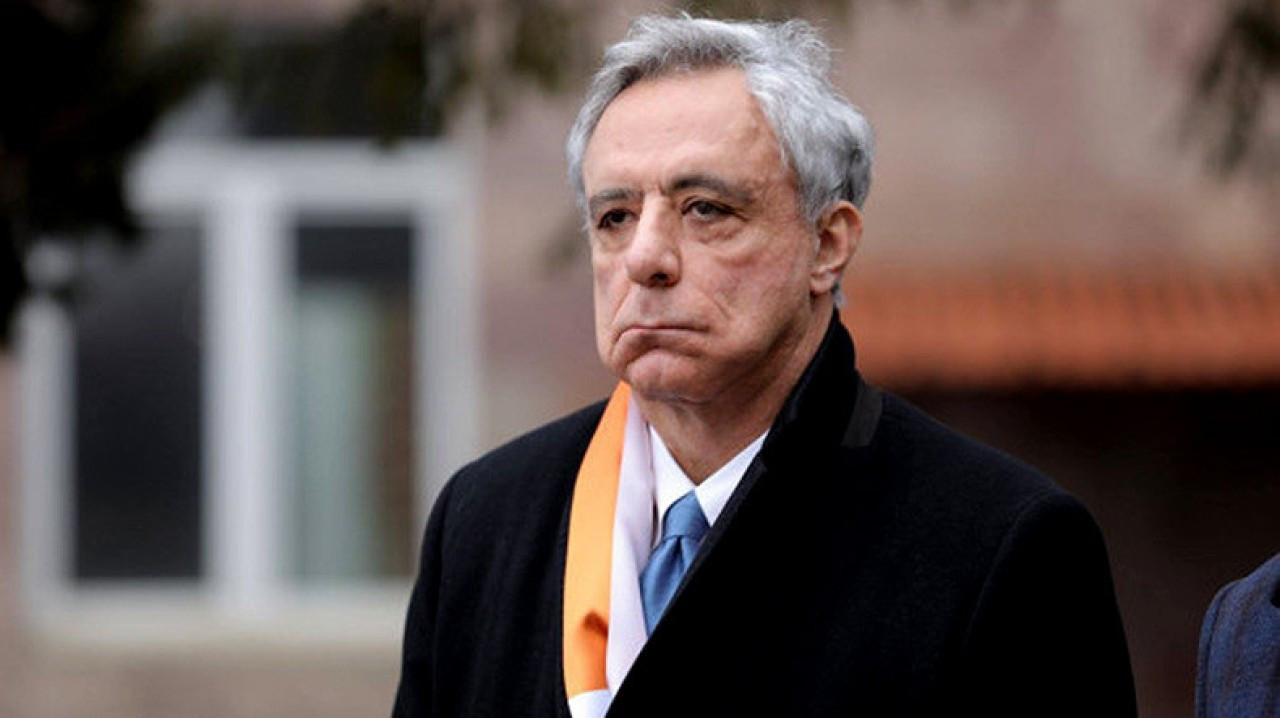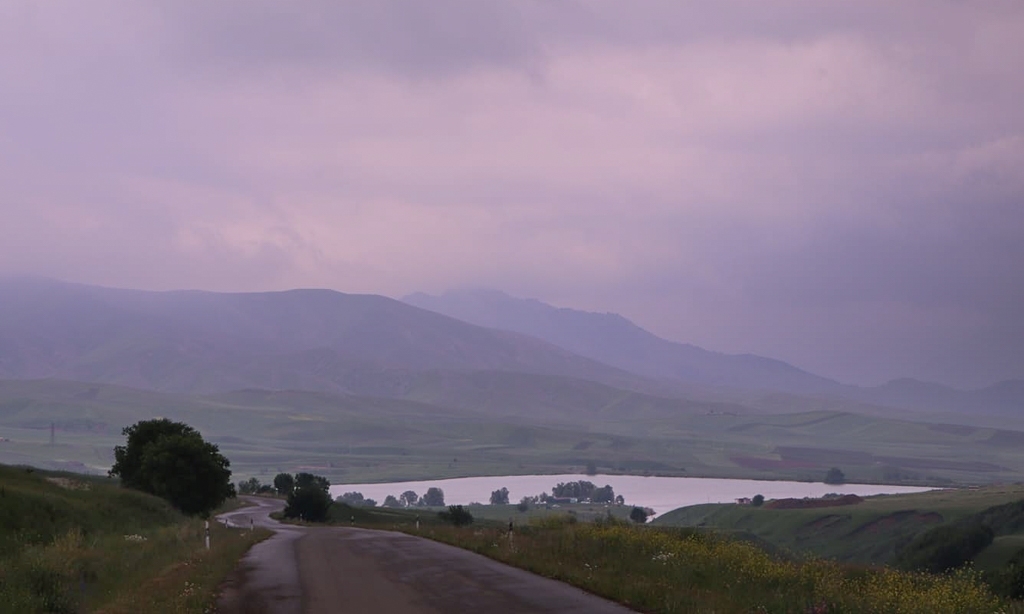"There are no Armenian prisoners of war in Azerbaijan." A view from Baku
no Armenian prisoners of war in Azerbaijan
Recently, Azerbaijani television announced an interview with leaders of the former unrecognized Nagorno-Karabakh Republic who are under arrest in Azerbaijan. In Armenia, at various levels, they are referred to as “prisoners of war.” “There are no Armenian prisoners of war in Azerbaijan, and it’s incorrect to call the former leaders of the separatist regime that,” said Azerbaijani lawyer Anar Ahmadov.
- “Armenia-Georgia duo – promising for the European Union.” Opinions
- Stray dogs in Azerbaijan – how to solve the problem?
- China relations: A new balance in Azerbaijan’s foreign policy
What happened?
“The airing of staged interviews with Armenian prisoners of war and hostages on Azerbaijani television is a direct violation of their rights and worsens their already difficult situation,” stated the committee for the protection of the fundamental rights of Karabakh Armenians, led by former Armenian foreign minister Vardan Oskanian.
After Azerbaijan’s armed forces carried out an anti-terrorism operation in Karabakh in September 2023, several former leaders of the unrecognized Nagorno-Karabakh Republic were detained and faced trial.
JAMnews consulted lawyer Anar Ahmedov for his insights on this issue.
Expert commentary
“There are no Armenian prisoners of war in Azerbaijan, from both a legal and international law perspective.
Let’s define prisoners of war. This is common knowledge, and there’s no room for misinterpretation.
By current international humanitarian law, only those who have directly engaged in combat can be considered prisoners of war.
This excludes:
- Civilians of the enemy nation;
- Reporters embedded with armed forces;
- According to the Hague Conventions — medical personnel and clergy.
- Furthermore, only those who participate openly and lawfully in combat are entitled to prisoner status: spies, traitors, etc., do not qualify if captured. Mercenaries are also ineligible.
- The status of prisoners of war is characterized by three factors:
- They are not criminals;
- They are enemies retaining their nationality;
- They are members of the military.
This is in line with international humanitarian law.”
Now, let’s figure out how the detained leaders of the separatist regime on Azerbaijan’s internationally recognized territory can be classified.
These individuals established illegal military formations within the country, funded unlawfully from abroad, and were directly involved in the killing of civilians. In other words, they are classic separatists who do not recognize the laws of the country in which they reside.
Criminal cases have been opened against them under specific articles of the Azerbaijan Criminal Code. It’s important to note that these cases were initiated not after their detention but much earlier, as these individuals were already wanted for crimes.
Another point: they were not captured in battle; they are not military personnel taken on the battlefield. By the letter of the law, they are ordinary criminals.
Regarding your question about the terminology used by various human rights organizations in Armenia and other countries, terms are often manipulated, sometimes without delving into the essence. This is characteristic of both sides of the conflict. Remember, two Azerbaijani soldiers were detained in Armenia and charged with crimes, sentenced to long prison terms. Later, Azerbaijan and Armenia exchanged these detainees, not as prisoners of war, but as detainees, since in both cases, these individuals were sentenced under specific articles of each country’s criminal code.
Therefore, it’s important for people to feel responsible for their words and statements. A lot can be said, but false statements do not command respect from professionals who understand what is really being discussed.




















